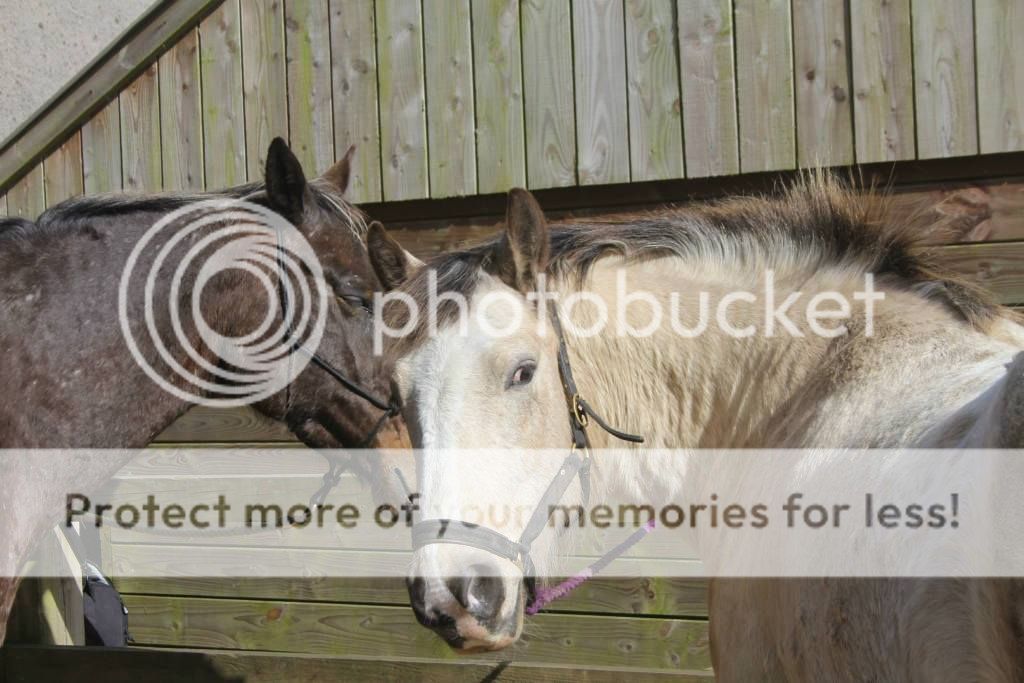Spot_the_Risk
Well-Known Member
We have three geldings who have been together for over two years now, happy settled group, and we have a new loan gelding arriving on Saturday. I can split them into two paddocks (divided by an electric fence) but want them all in together in the end.
To start of with would you turn the new gelding out alone, or with one other? If you decide on one other, would you pick the bottom, middle (this one is shod) or top of the pecking order to go with him? My first thought was bottom (22 years old, likes an easy life but has been bullied when at livery) but now I'm thinking maybe the top (two years old and thinks he's the bee's knees!). The middle is the one he'll be hacking out with in the main.
Decisions, decisions... of course any other advice welcome too!
Oh and of course a couple of photos of the new boy!


To start of with would you turn the new gelding out alone, or with one other? If you decide on one other, would you pick the bottom, middle (this one is shod) or top of the pecking order to go with him? My first thought was bottom (22 years old, likes an easy life but has been bullied when at livery) but now I'm thinking maybe the top (two years old and thinks he's the bee's knees!). The middle is the one he'll be hacking out with in the main.
Decisions, decisions... of course any other advice welcome too!
Oh and of course a couple of photos of the new boy!


